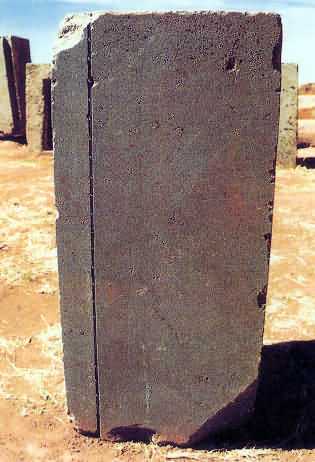AllieBaba
Rookie
- Oct 2, 2007
- 33,778
- 3,927
- 0
- Banned
- #61
When ever I read about any thing dealing with science, the conservative reaction always amuses me.
They have this love/hate relation with science. The love to hate science, and hate to have to rely on science.
First, they don't understand why scientists don't have all the answers. Then, they make fun of scientists for not having all the answers. The ironic part is the conservatives don't even have the "questions".
Oh bullshit. A large percentage of the greatest scientific minds are devoted Christians and have been throughout the ages.
I love science. I love REAL science. Not the made up kind, though. I find genetics fascinating and see them as a reflection of God's power and complexity, as I do pi. I despise it when political hacks bastardize it and lie about it to further idiotic agendas.





